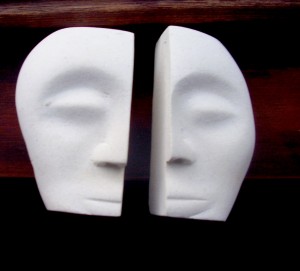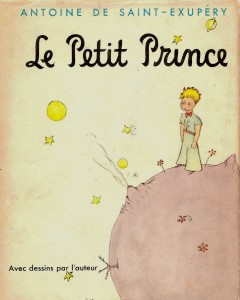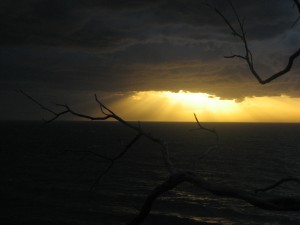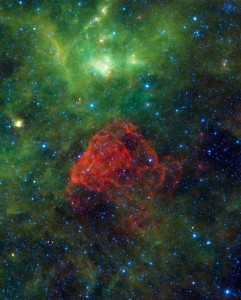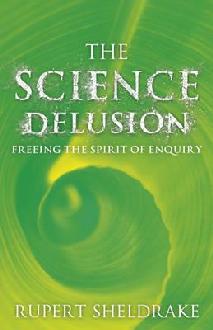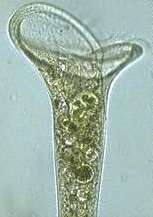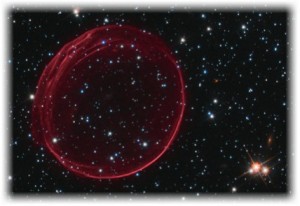
Photo: Mysterious cosmic egg (supernova): NASA Images
I love a good mystery: in my 20s it was the search for God; then family mysteriously absorbed 30 years; and now questions rise again: What is the purpose of life? What is quantum physics? Consciousness? And why am I always the one on the spot when the loo paper runs out?
I’ve cobbled together the following Great Mysteries (with much help from pop-science books):
Around 14 billion years ago (for motives which are unclear) matter gained an advantage over anti-matter and the universe became slightly biased towards life. But only a ‘mere- smear’ of the universe is ordinary matter – galaxies, elephants, us – the bulk is ‘dark stuff’ which is mysteriously connected to the rest. Matter is made of atoms, which are energetic, enigmatic little tykes. An electron inside an atom behaves like a two-year old – it seems to be everywhere at all times – but when humans give it some attention, its behaviour changes. Intriguing. The little grey cells (our brains) enfold another mystery: consciousness. So we’re able to find meaning in life: we can make up our own minds.
And now the story takes a twist, from science towards soul. Mystical biologist Charles Birch reckoned that the whole universe is made of ‘mind stuff’. He suggested that even electrons have a whiff of consciousness:
We exist only because of subtle connections between the very small and the very large.
It seems to be all about connection and meaning, and I admit I’m biased towards finding both – hopefully without scrambling the cosmic egg. But I’ll leave you with a more appealing metaphor, by poet Muriel Rukeyser (I’m off to buy loo paper).
The universe is made of stories, not atoms.
